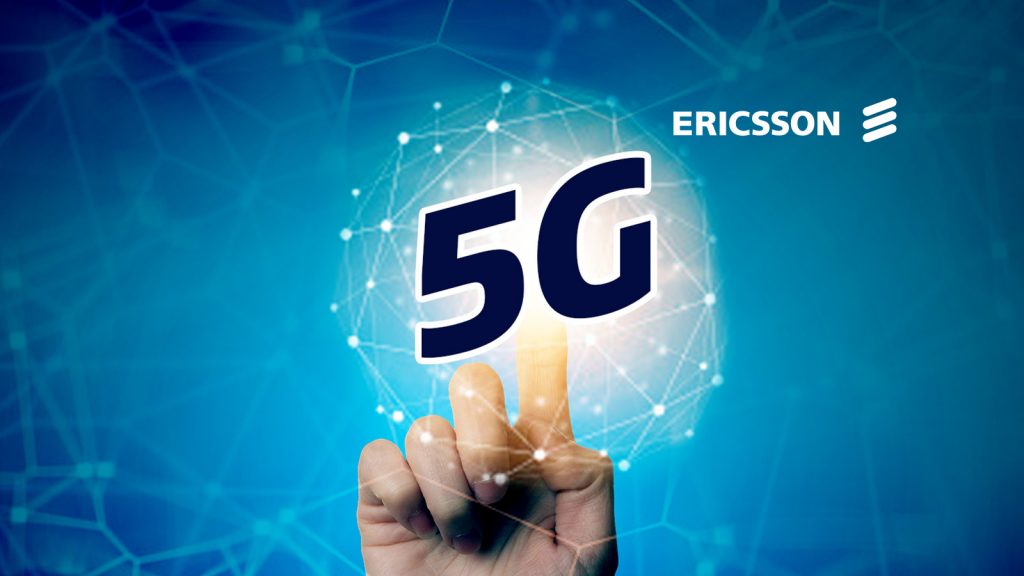Report: 5G uptake drives revenue growth
February 7, 2023

Findings from the Ericsson Mobility Report provide encouraging evidence for communication service providers (CSPs) worldwide by identifying a correlation between 5G uptake and revenue growth.
Flattening revenues have been a challenge for service providers in all parts of the world, often impacting network investment decisions as part of their business growth strategies, known as ‘monetisation’ in the industry – the Business Review edition – addresses these monetisation opportunities as they relate to 5G.
The report highlights a positive revenue growth trend since the beginning of 2020 in the top 20 5G markets – accounting for about 85 per cent of all 5G subscriptions globally – that correlates with increasing 5G subscription penetration in these markets.
The report finds:
- Tiered pricing models are key for service providers, both for effectively addressing the individual needs of each customer and for continuing to drive long-term revenue growth.
- The top 20 5G markets have seen a significant network performance boost following the introduction of 5G services.
- After a period of slow or no growth, wireless service revenue curves are again pointing upwards in these leading markets. This correlate with 5G subscription penetration growth.
“Meeting our customers’ challenges is at the heart of our R&D efforts and every resulting product we develop,” says Fredrik Jejdling, Executive Vice President and Head of Networks, Ericsson. “The link between 5G uptake and revenue growth in the top 20 5G markets underlines that not only is 5G a game changer, but that early adopters benefit. What is particularly encouraging about this is that while 5G is still at a relatively early phase, it is growing fast with proven early use cases and a clear path to medium and long-term use cases.”
As expected, Enhanced Mobile Broadband (eMBB) is the main early use case for 5G, driven by increasing geographical coverage and differentiated offerings. More than one billion 5G subscriptions are currently active across some 230 live commercial networks globally. 5G eMBB offers the fastest revenue opportunities for 5G, as it is an extension of service providers’ existing business, relying on the same business models and processes. Even in the top 20 5G markets, about 80 percent of consumers have yet to move to 5G subscriptions – one pointer to the potential for revenue growth.
As highlighted in the November 2022 Ericsson Mobility Report, Fixed Wireless Access (FWA) is the second biggest early 5G use case, particularly in regions with unserved or underserved broadband markets. FWA offers attractive revenue growth potential for CSPs as it largely utilises mobile broadband assets. FWA connections are forecast to top 300 million within six years.
Beyond consumer subscribers, there are growing opportunities in enterprise and public sector applications across the world.
5G enables significant value for enterprises, with private 5G networks and wireless wide area networks being deployed for enterprise and industrial use.
Upgrading existing 4G sites to 5G has the potential to realise increases of 10 times in capacity and reduce energy consumption by more than 30 percent, offering the possibility of growing revenue and lowering costs, while addressing sustainability.
“Revenue growth and sustainability are recurring themes in my discussions with customers,” advises Jejdling. “In this special Ericsson Mobility Report edition, we have explored how service providers are tapping 5G opportunities. We see initial signs of revenue growth in advanced 5G markets with extensive coverage build-out and differentiated service offerings. An equally crucial aspect of 5G is that it brings cost advantages and helps service providers handle the data growth needed to drive future revenue. This can make 5G the growth catalyst that the market has been waiting for.”
